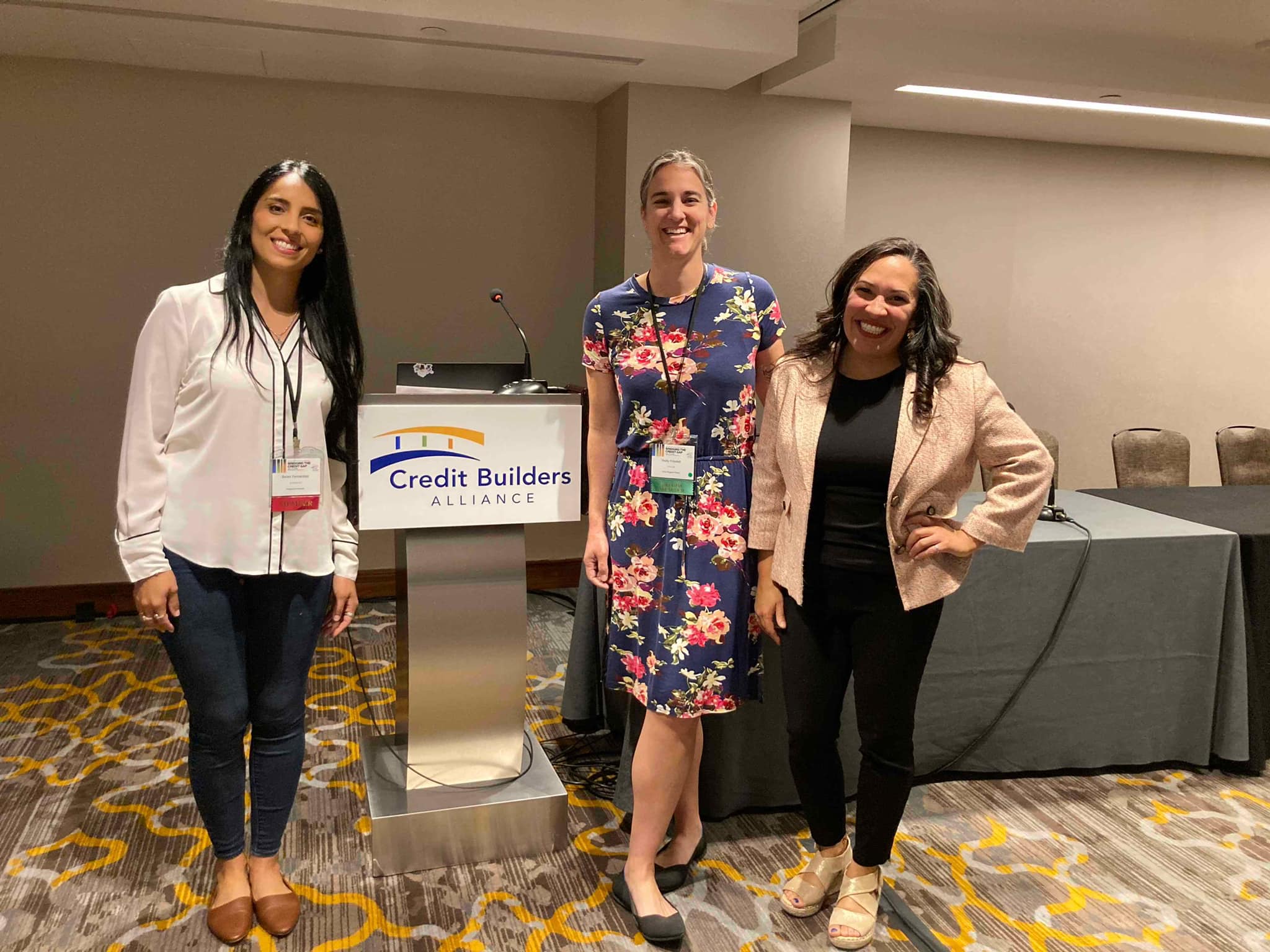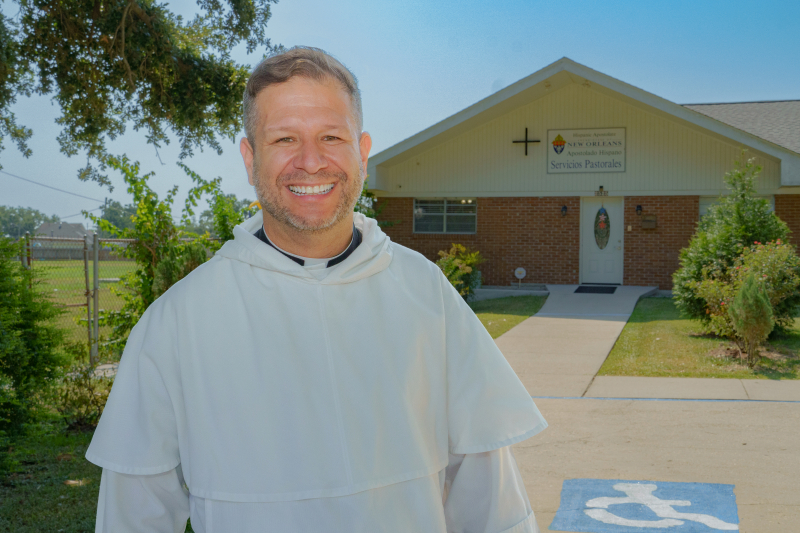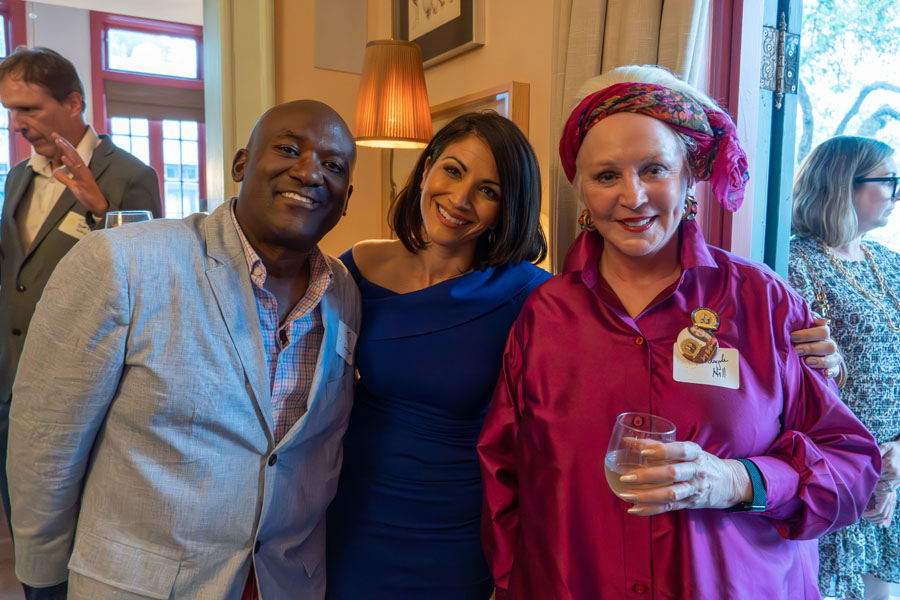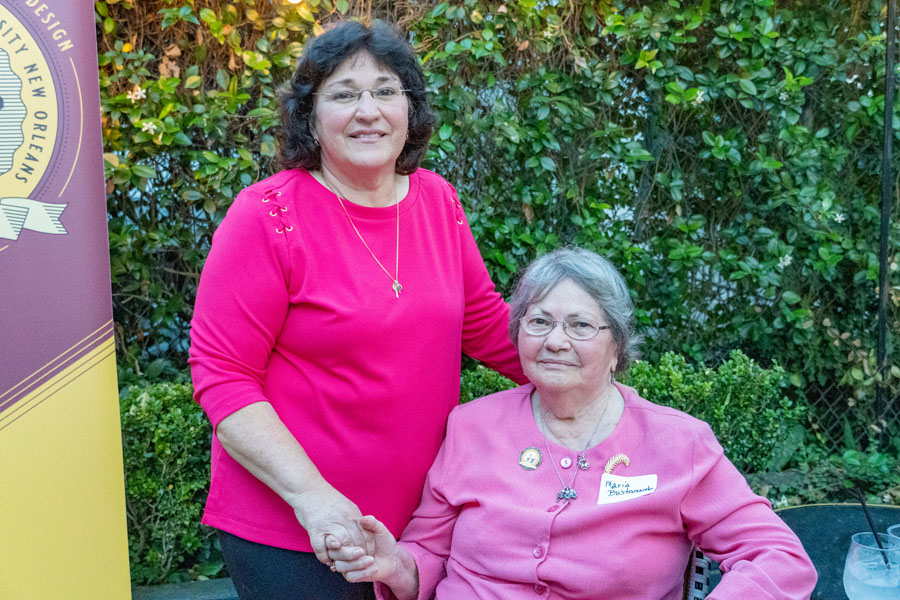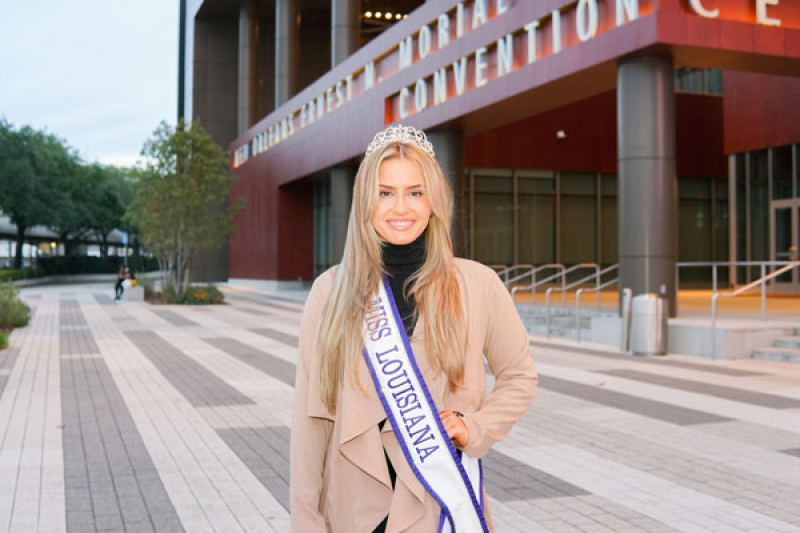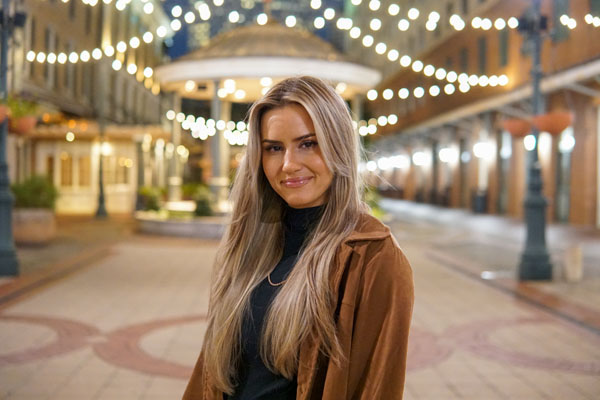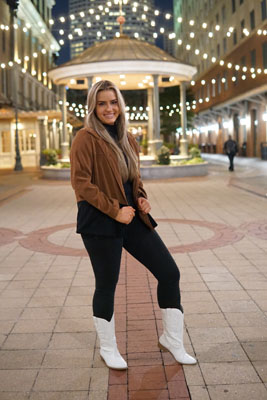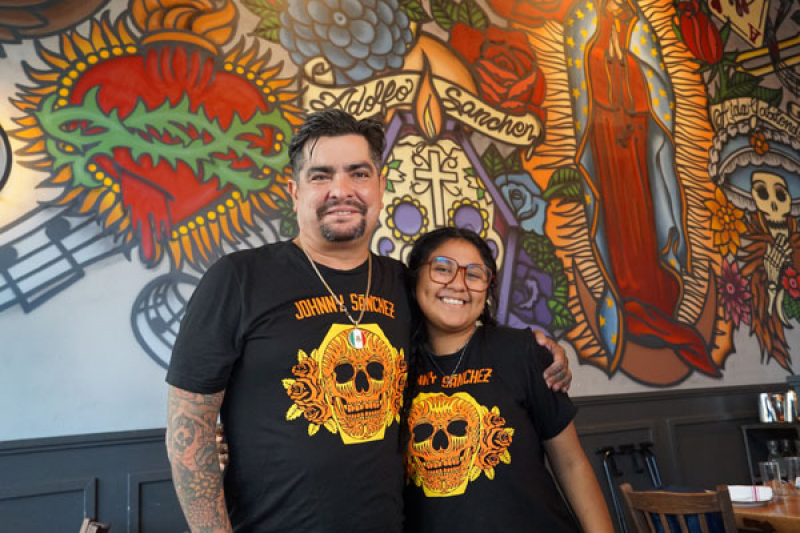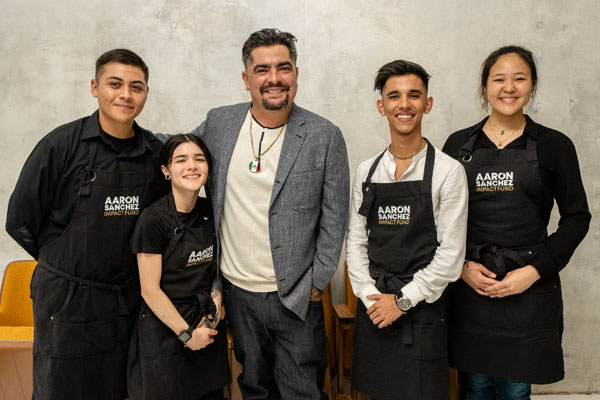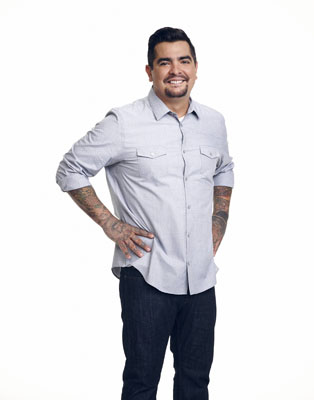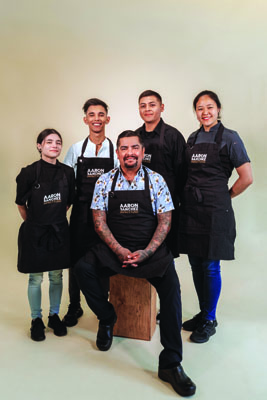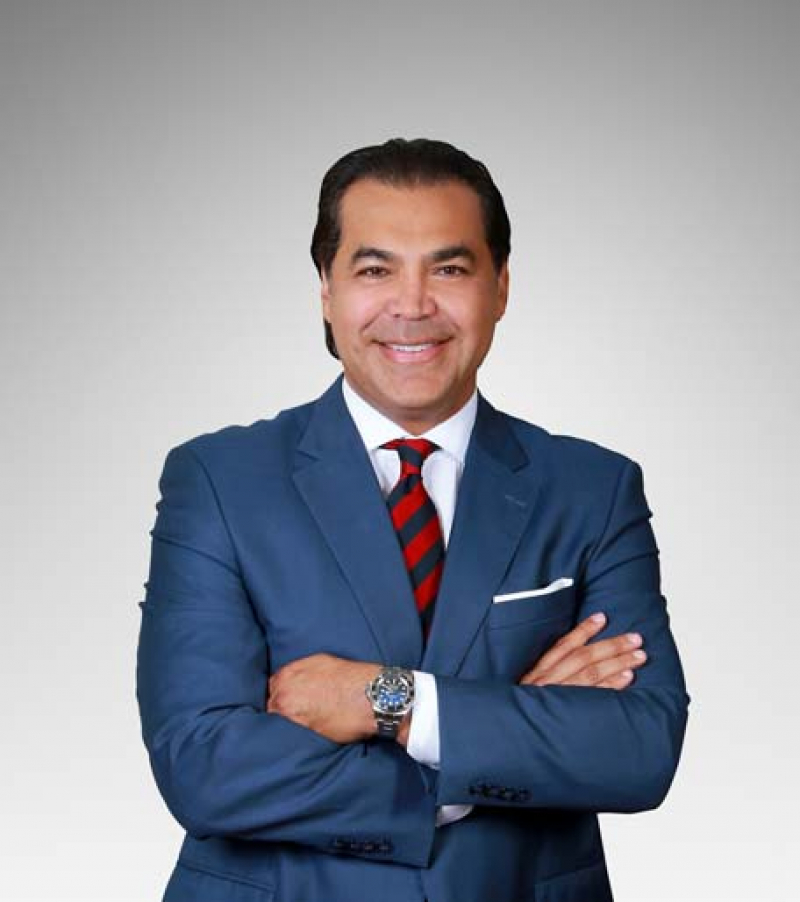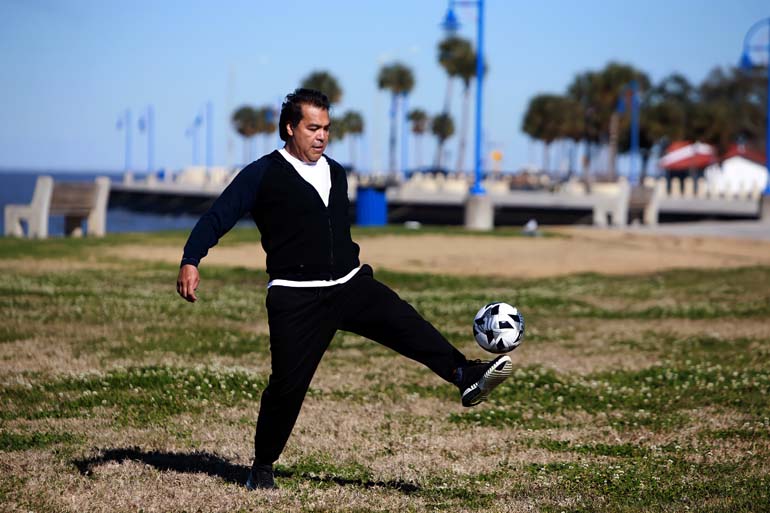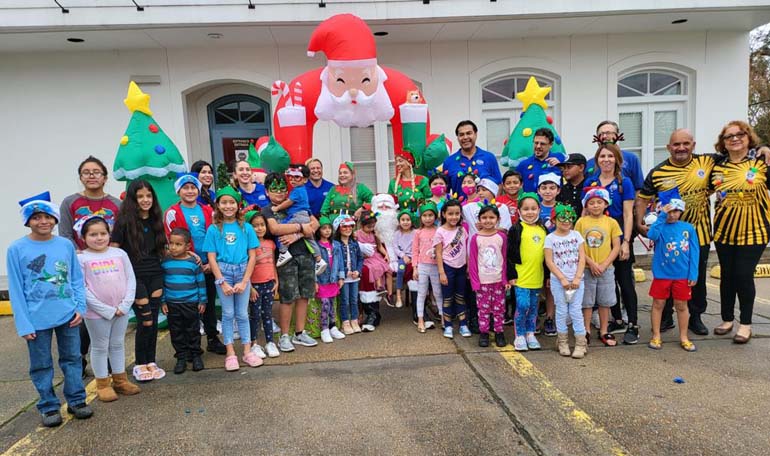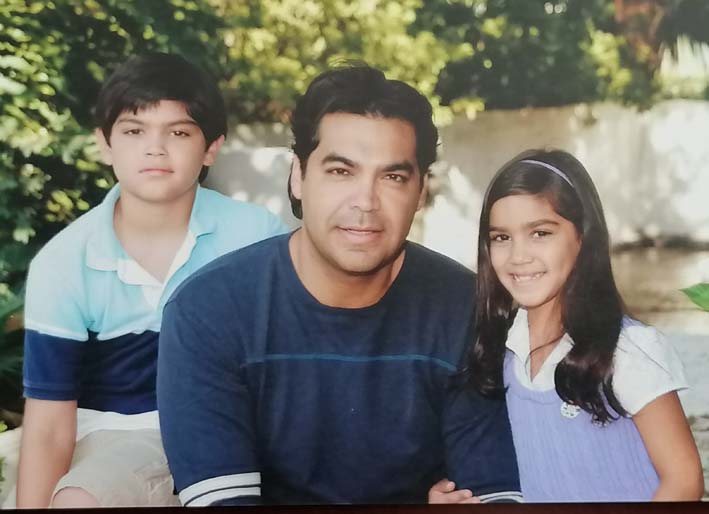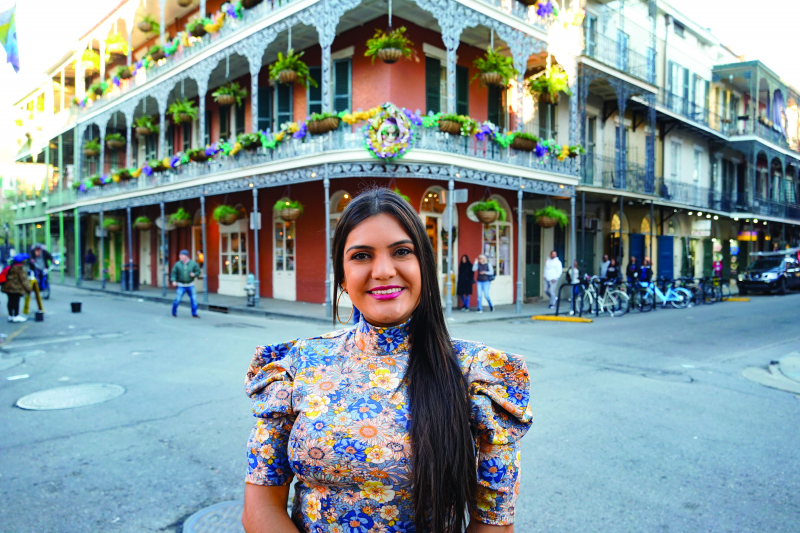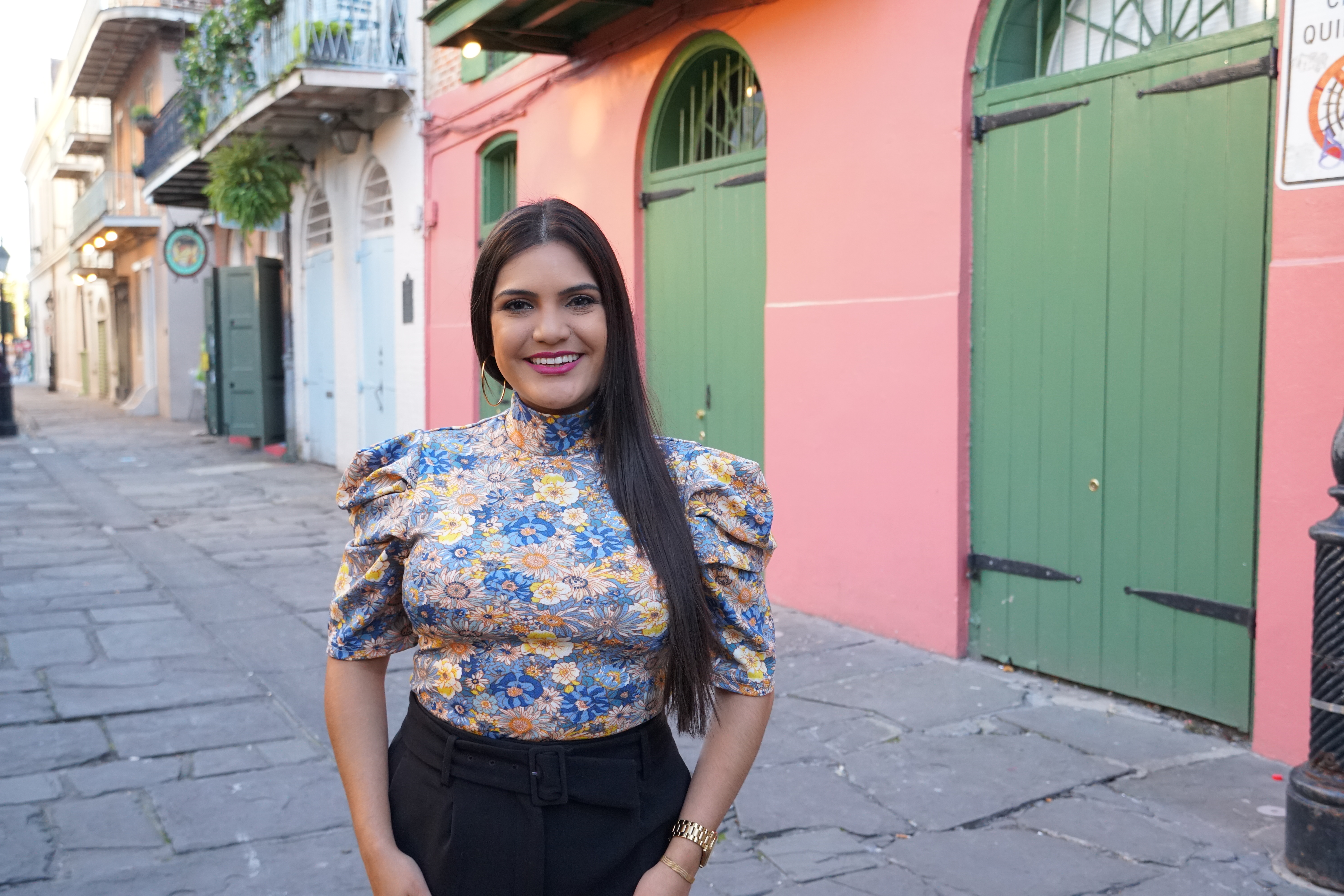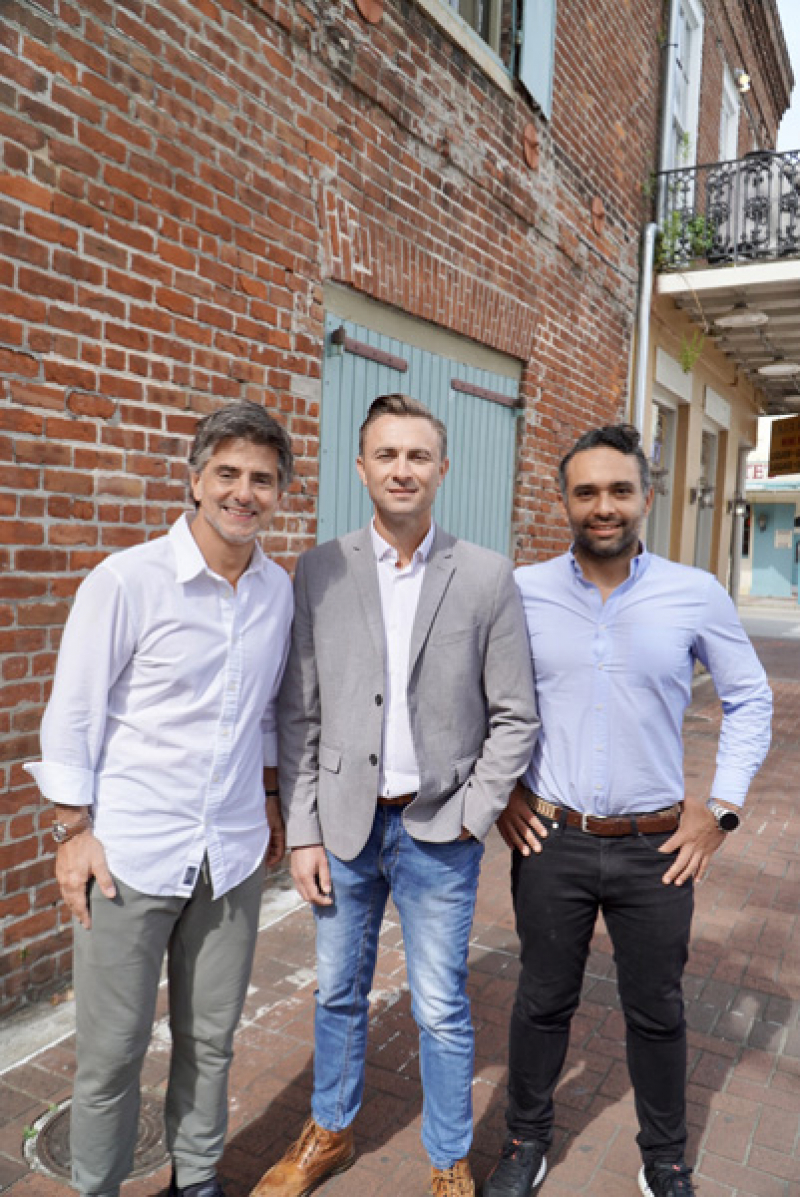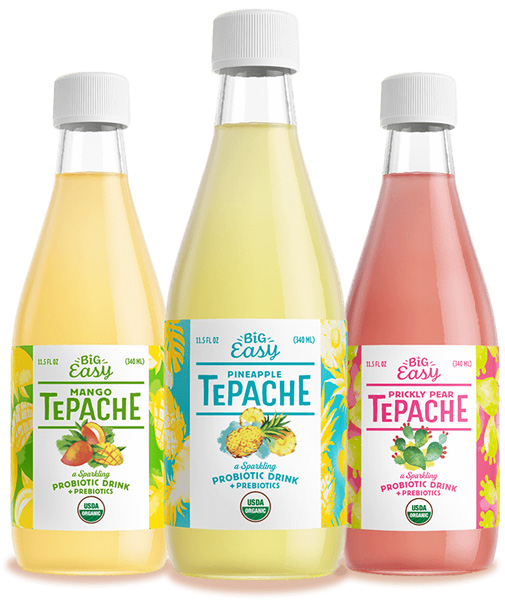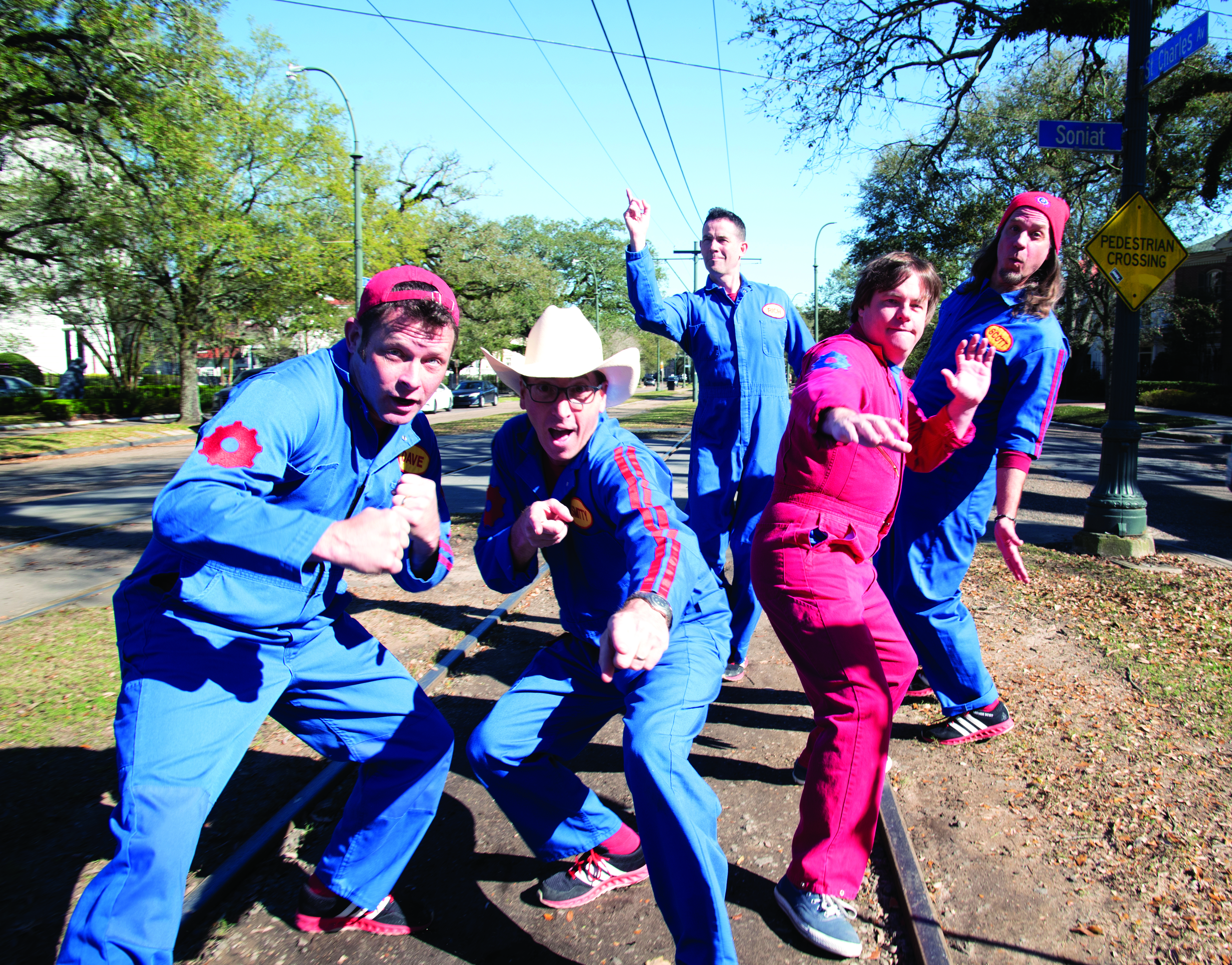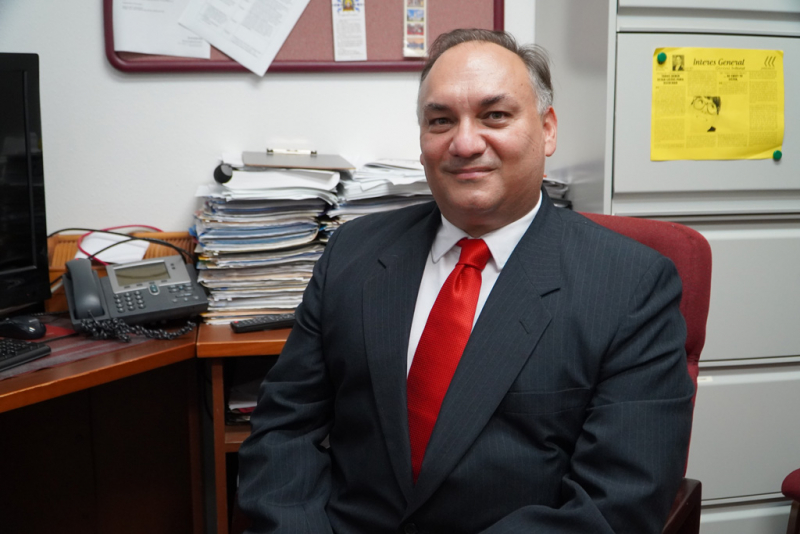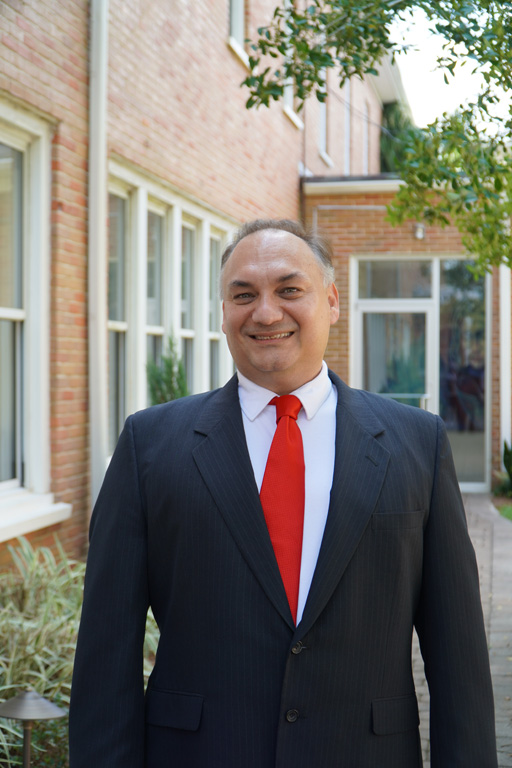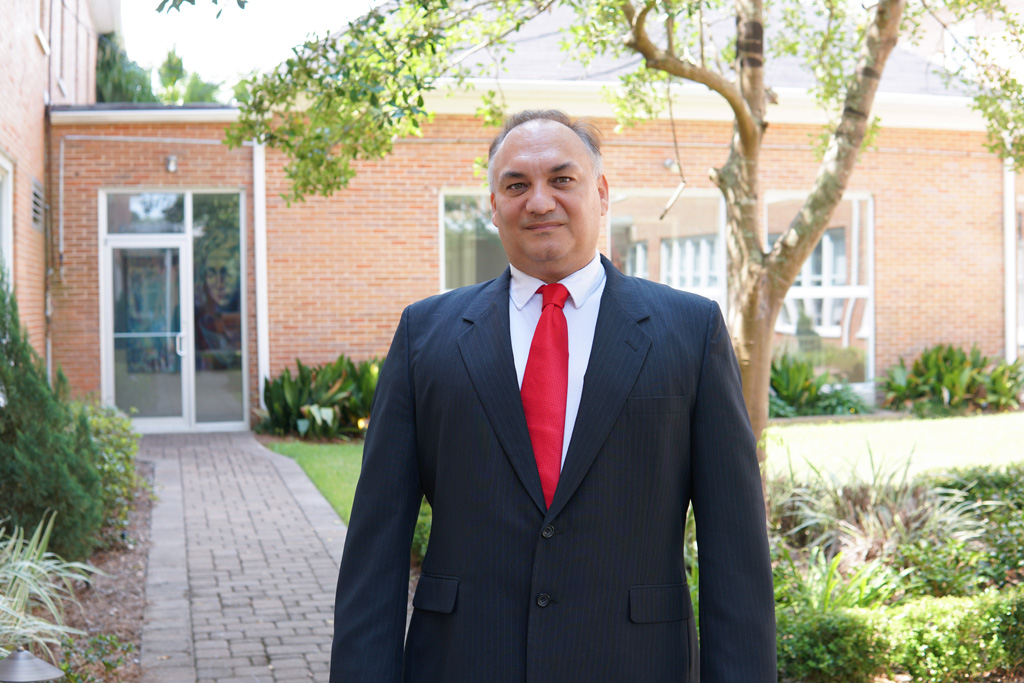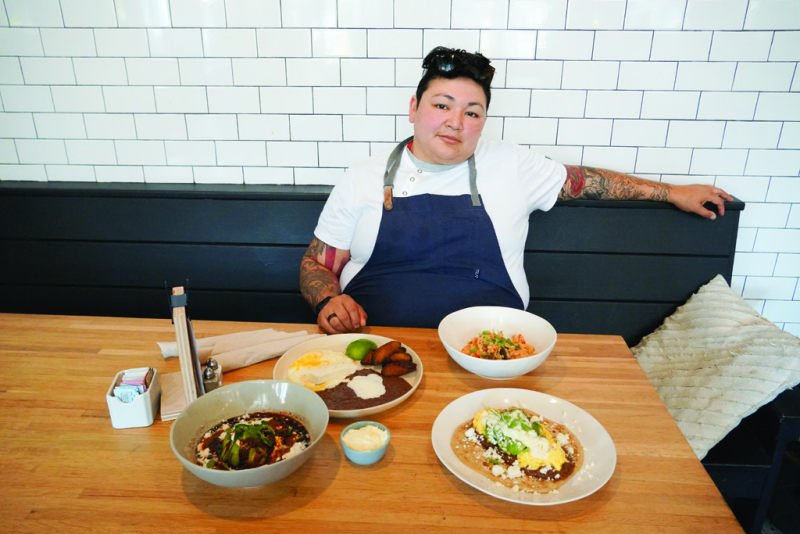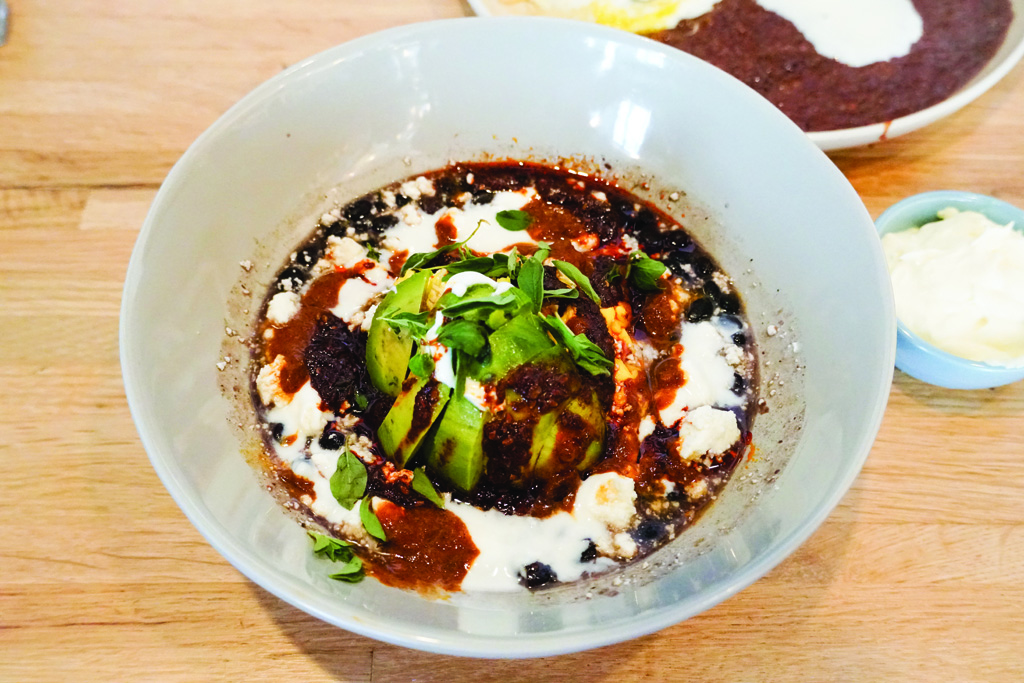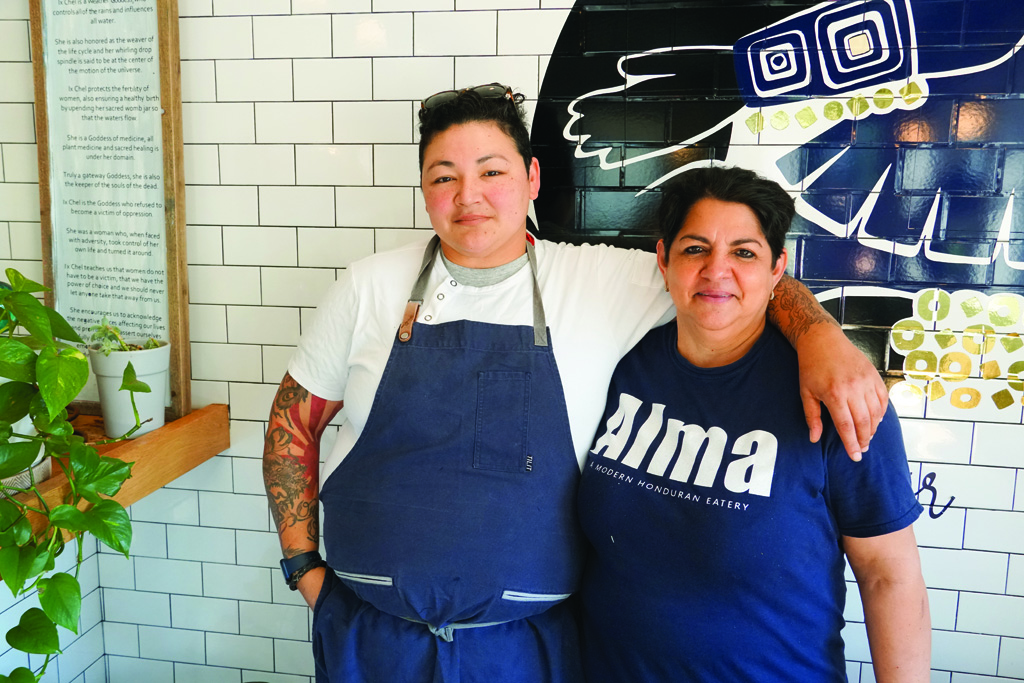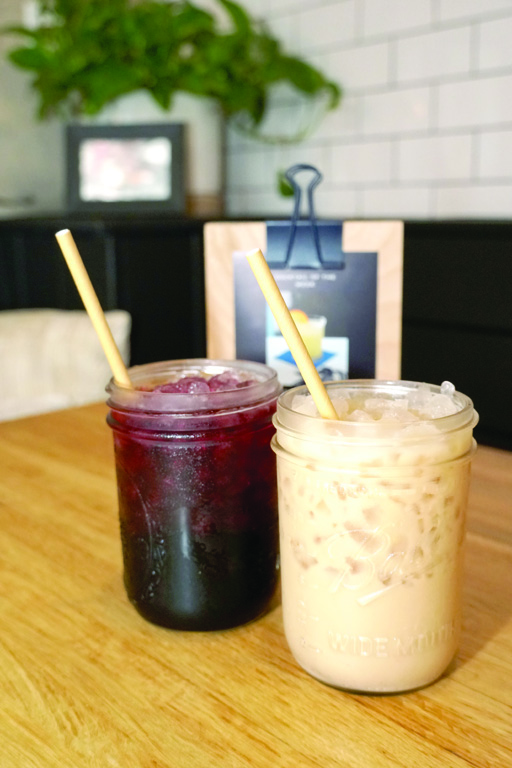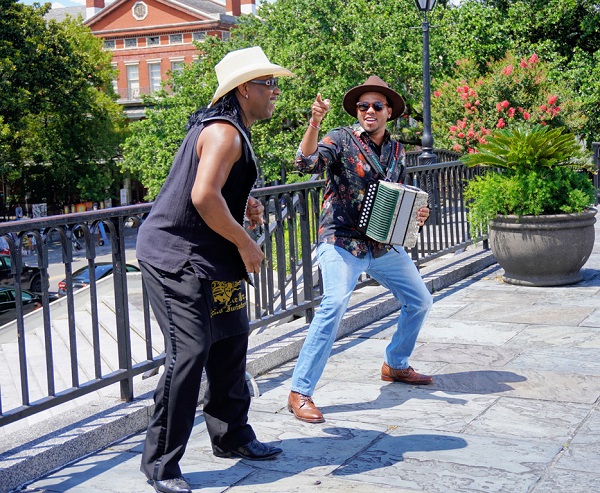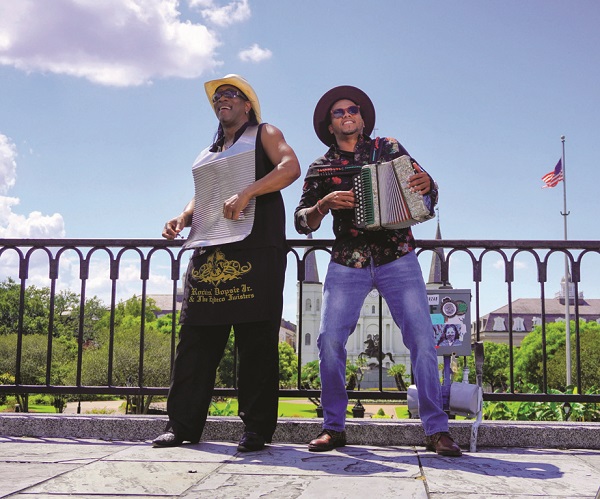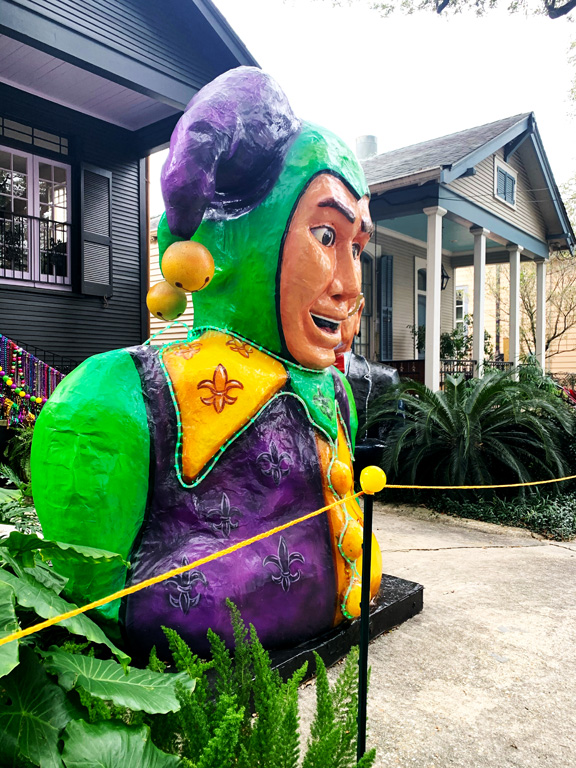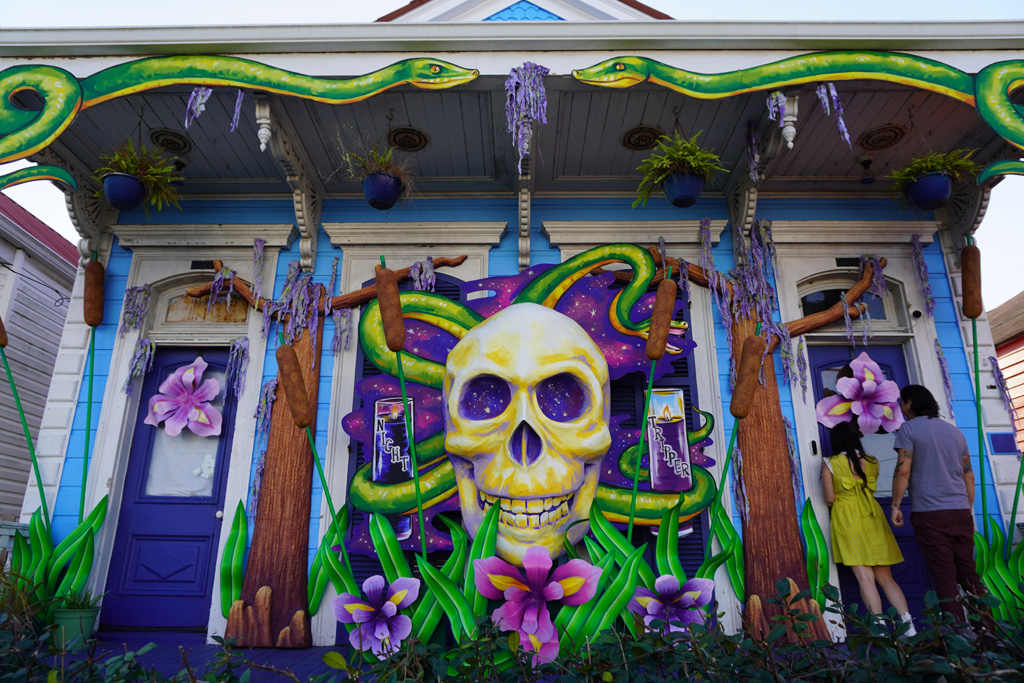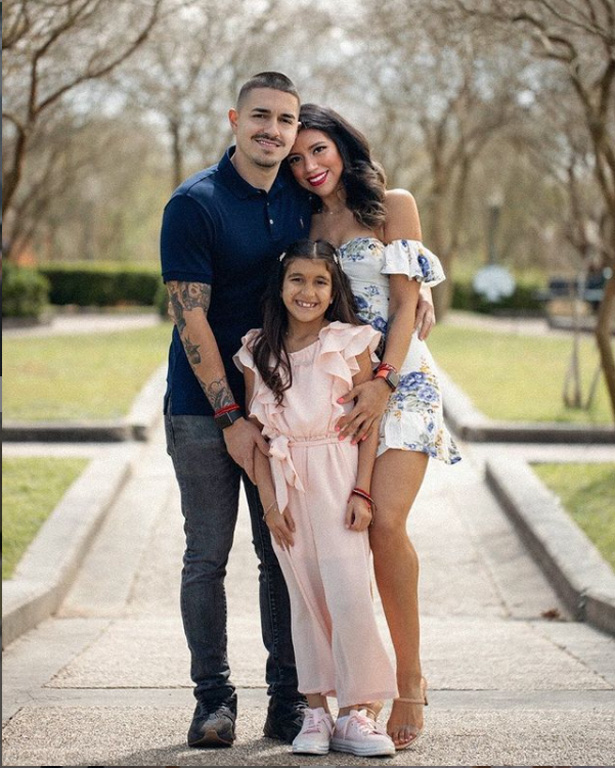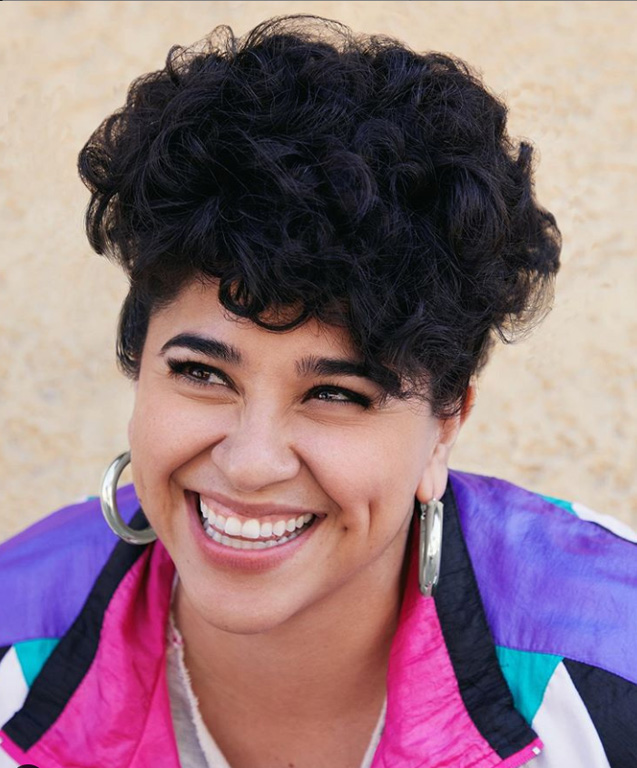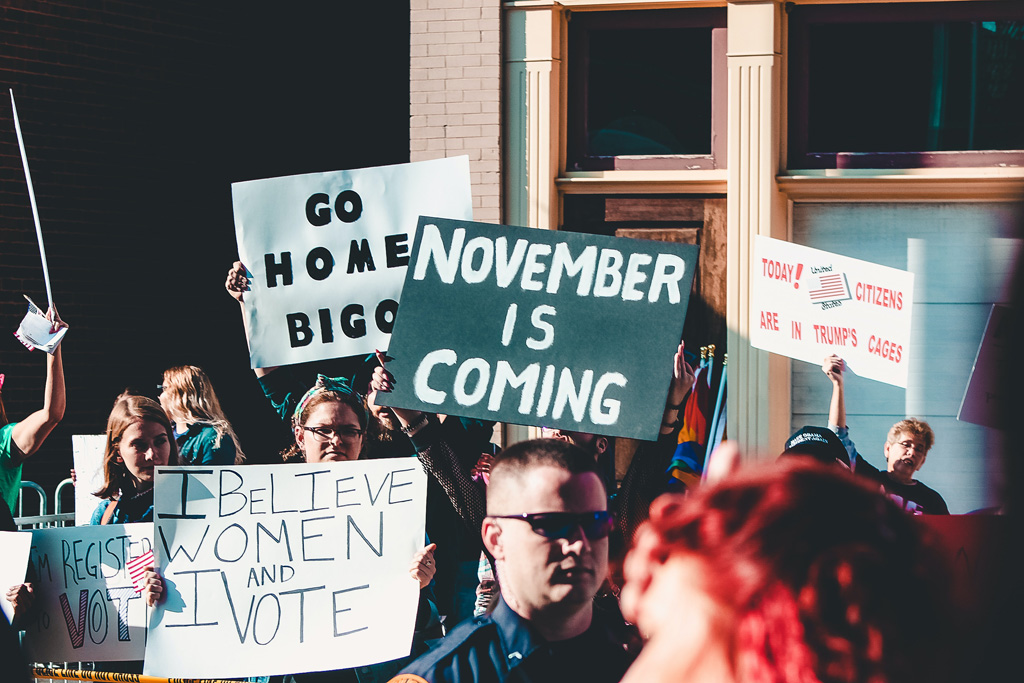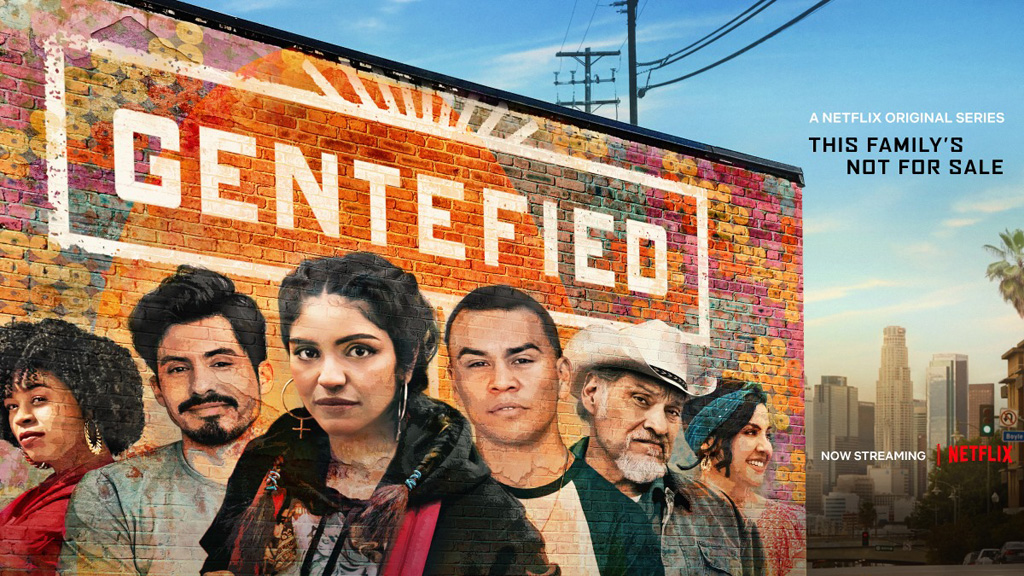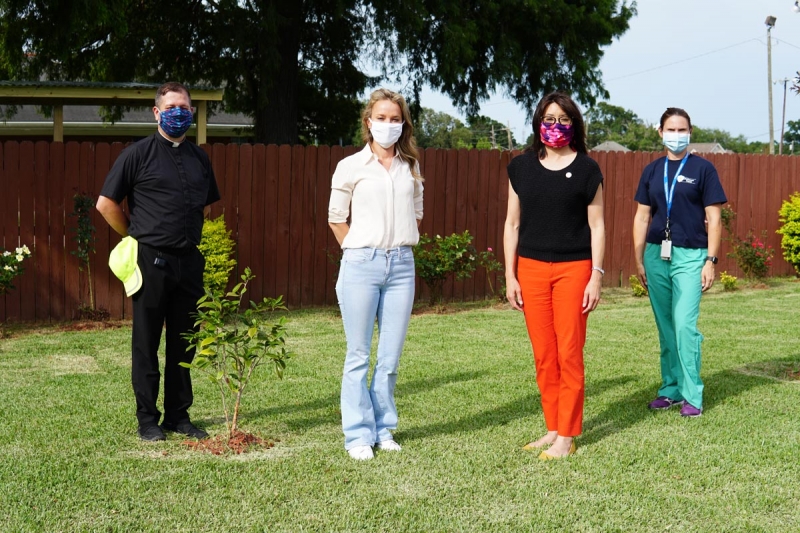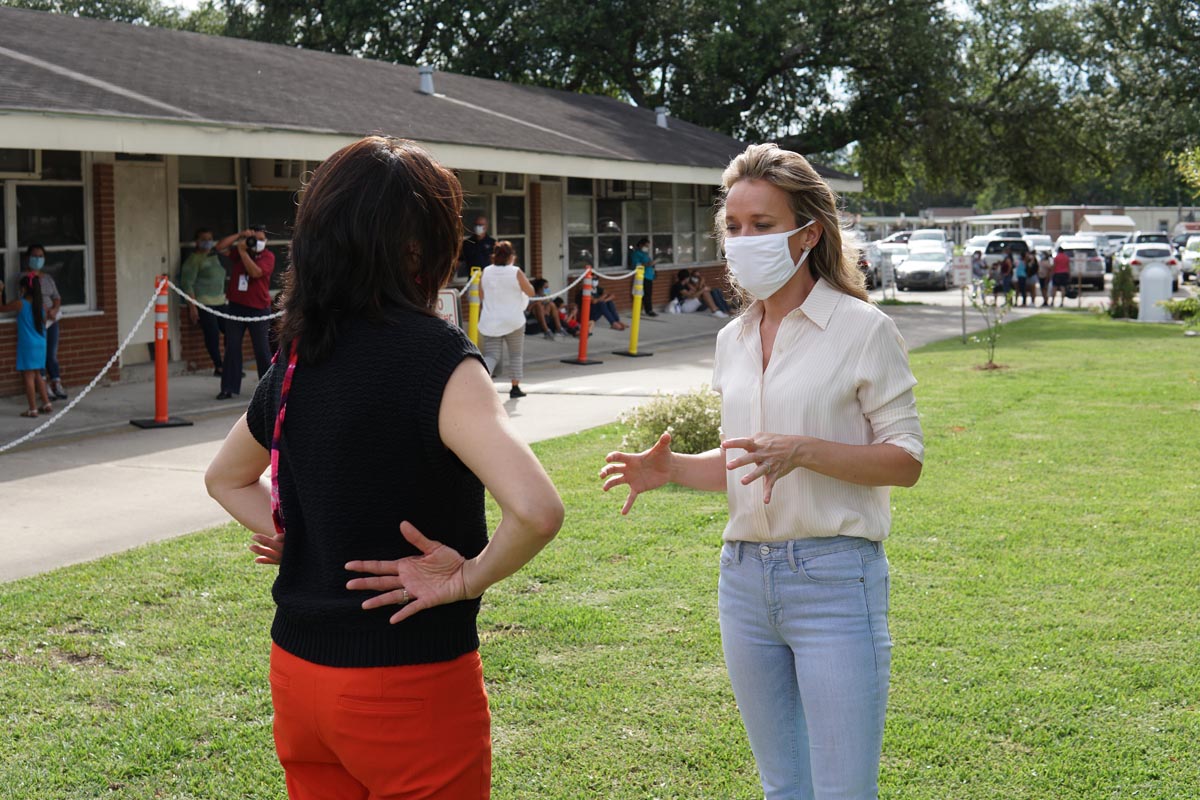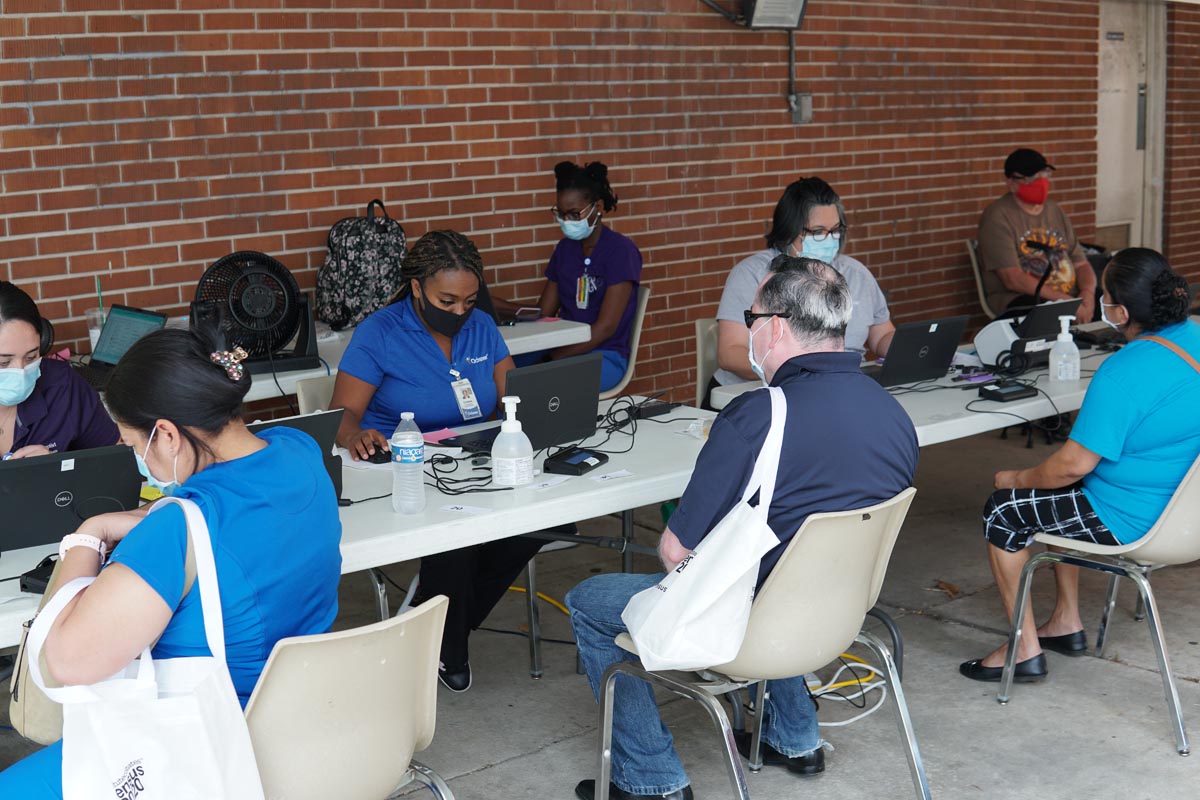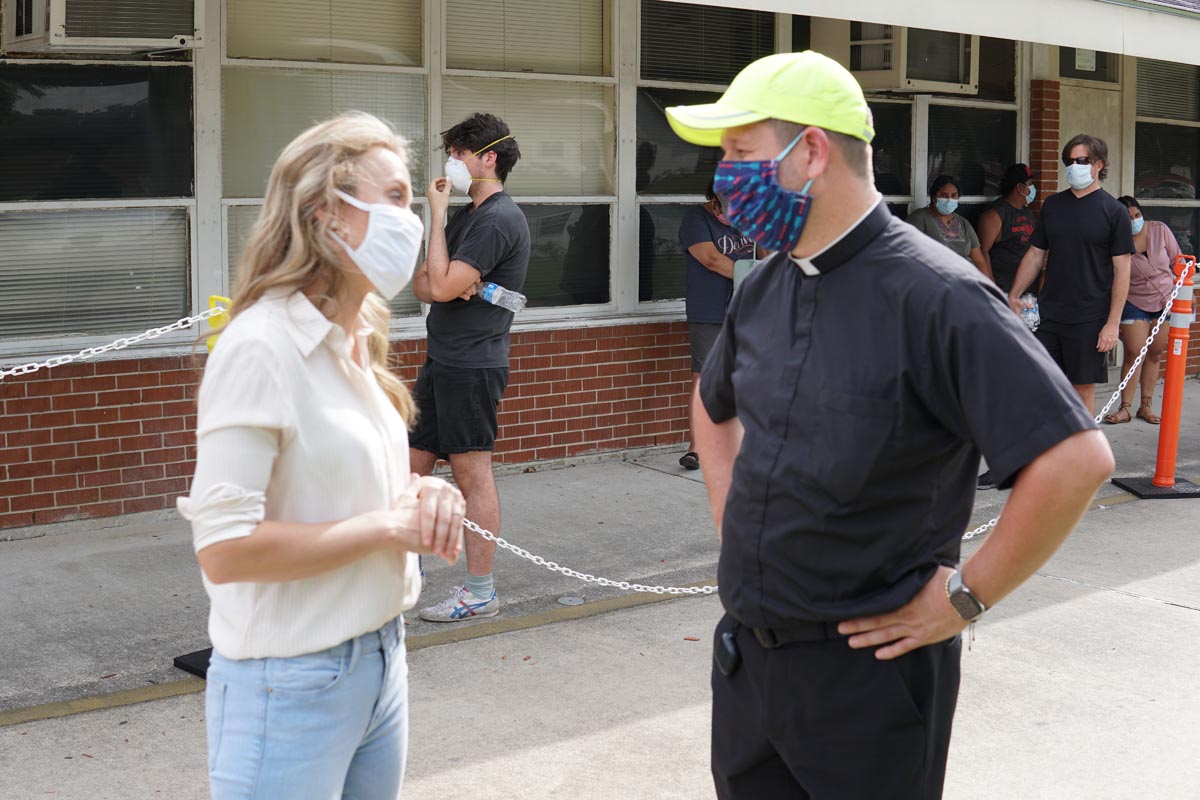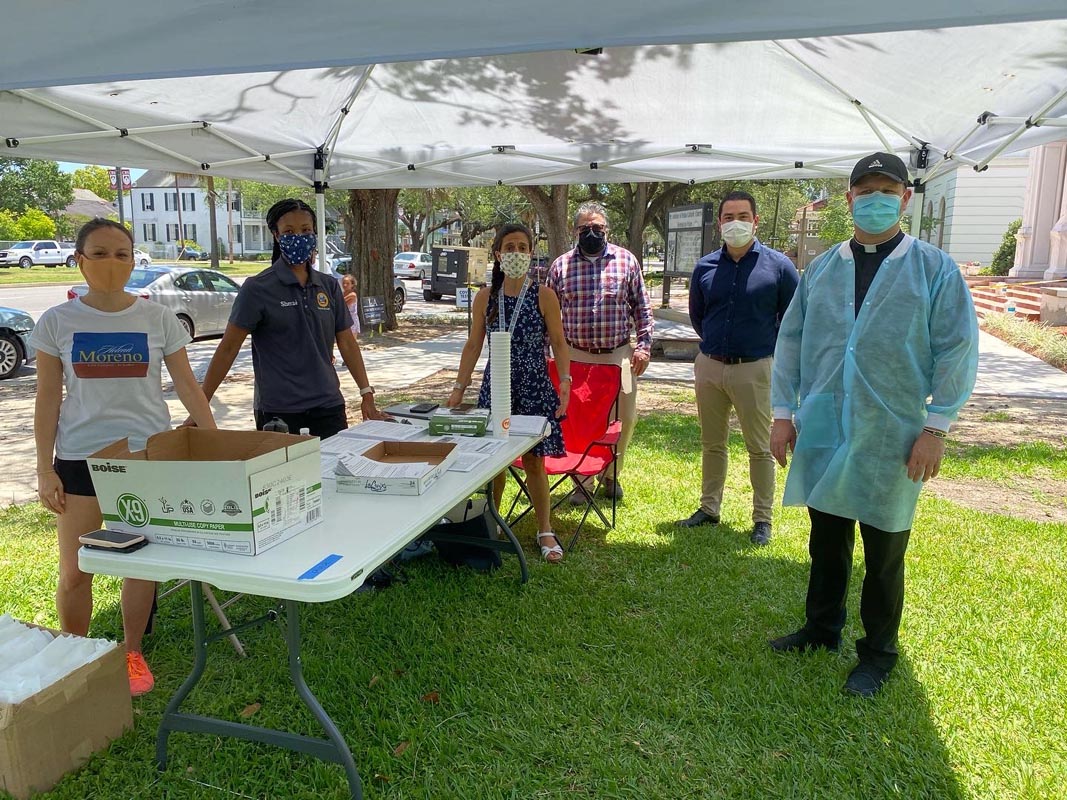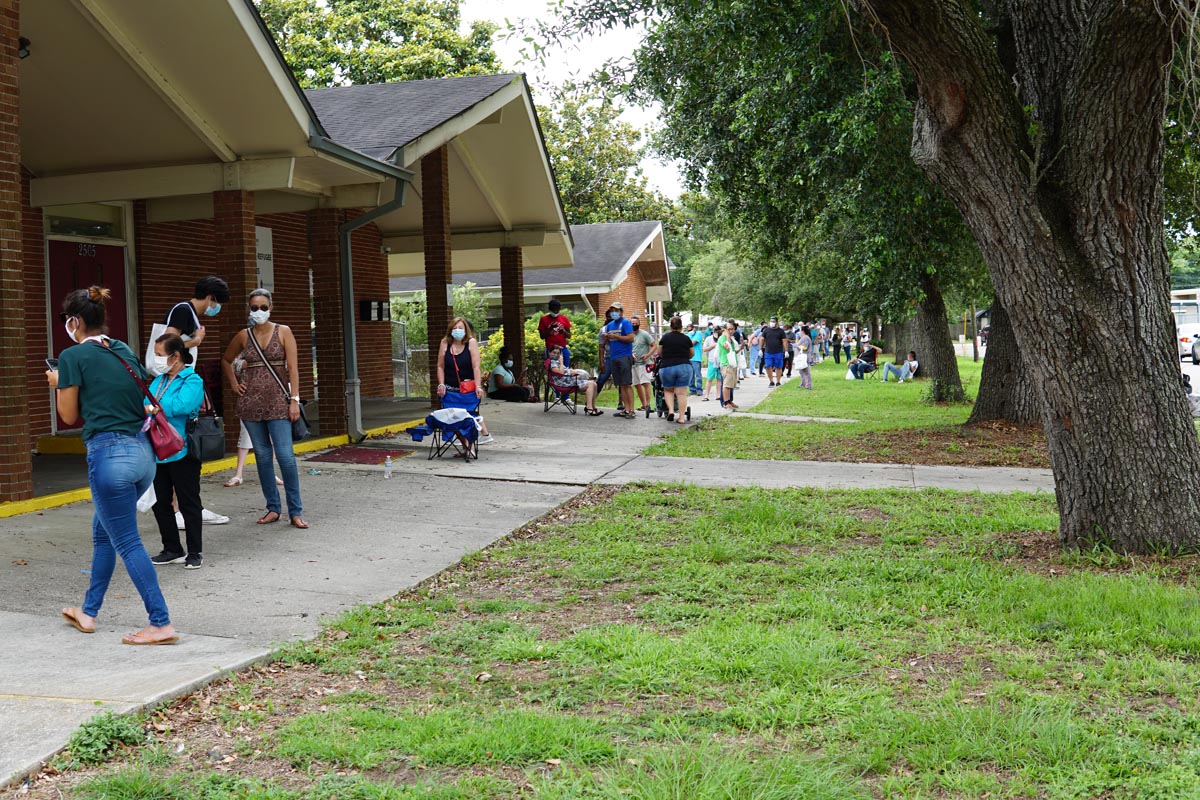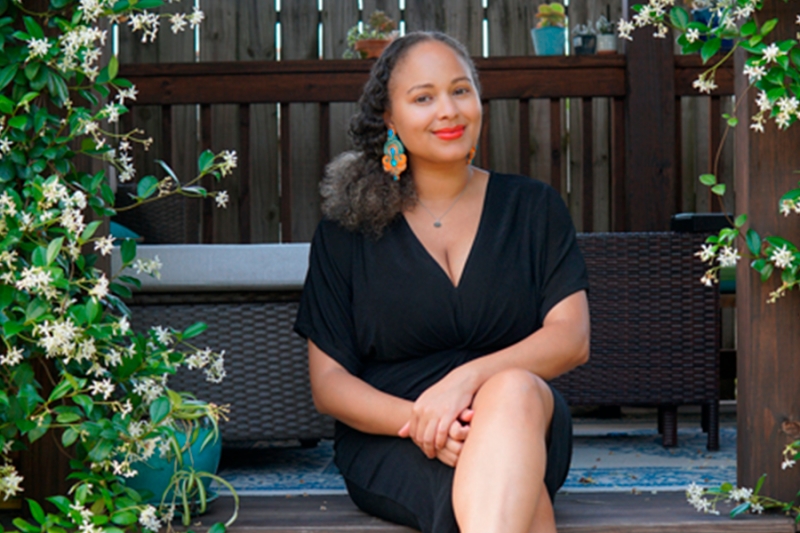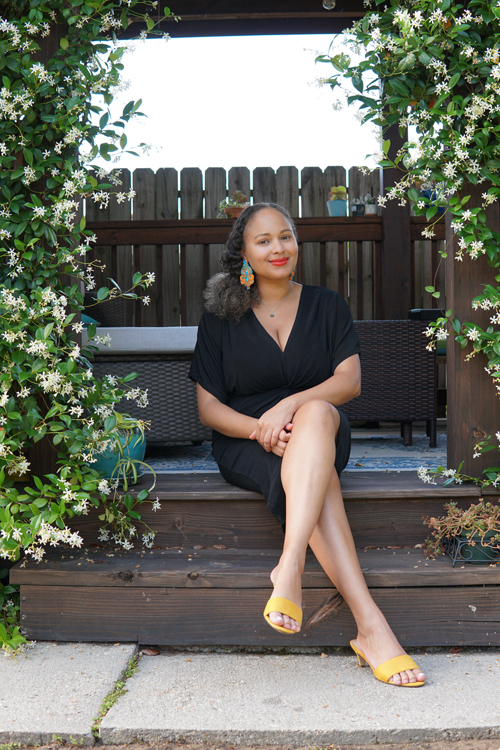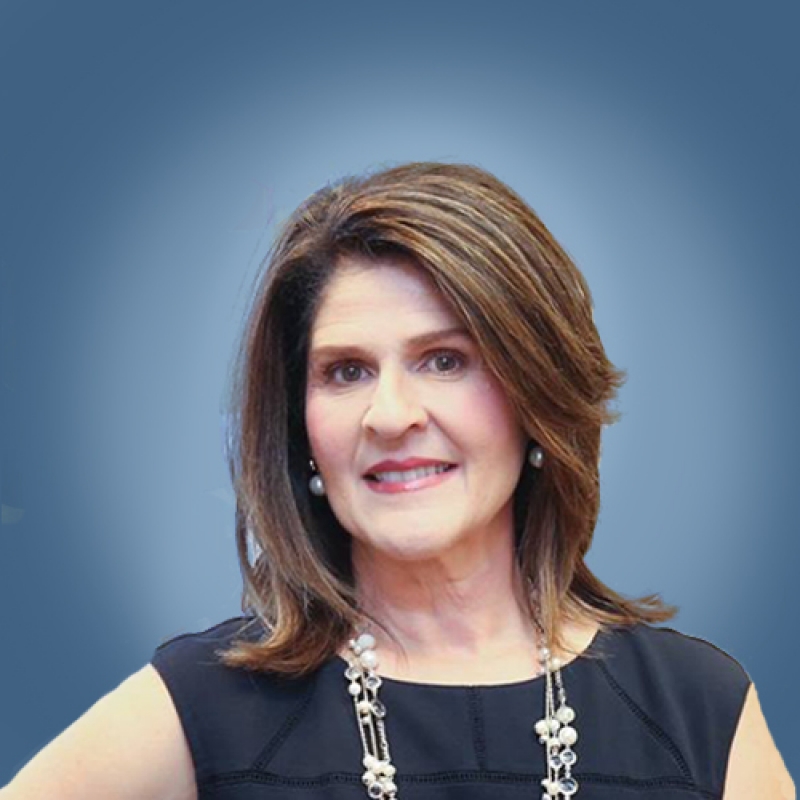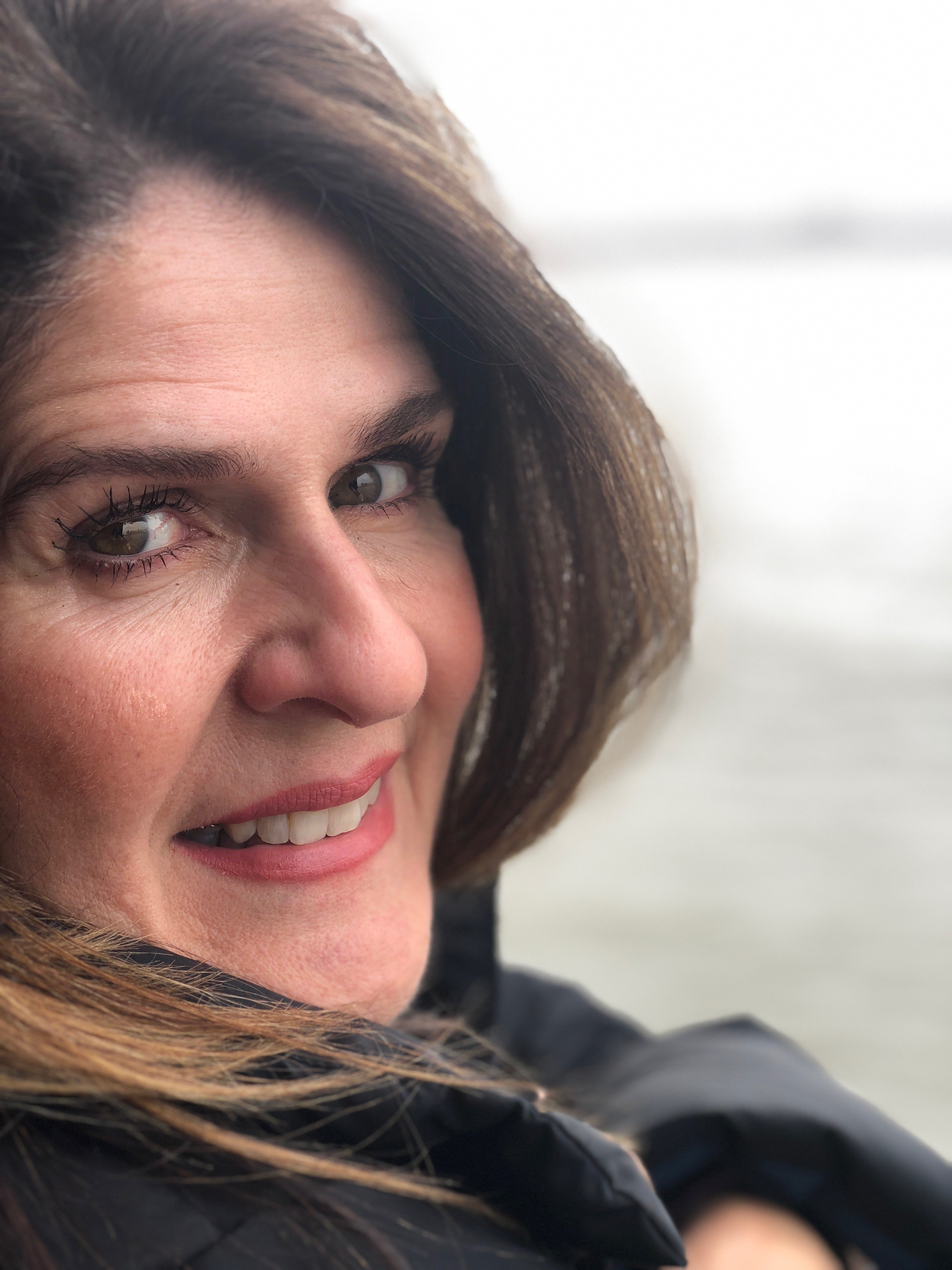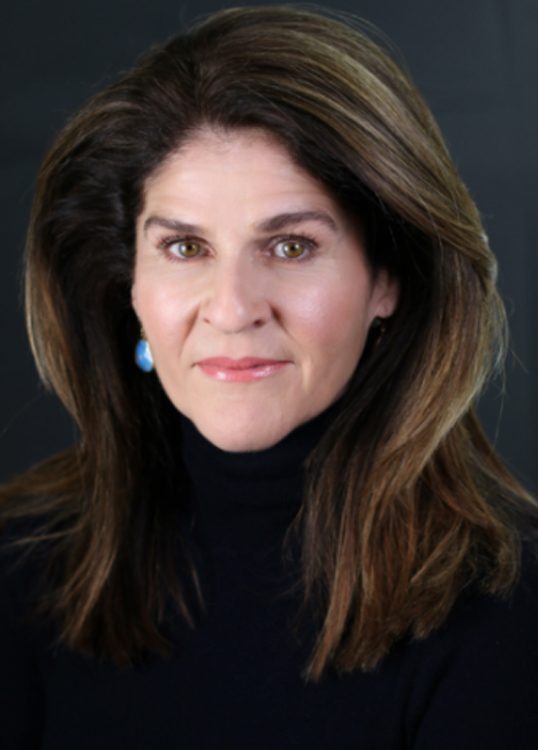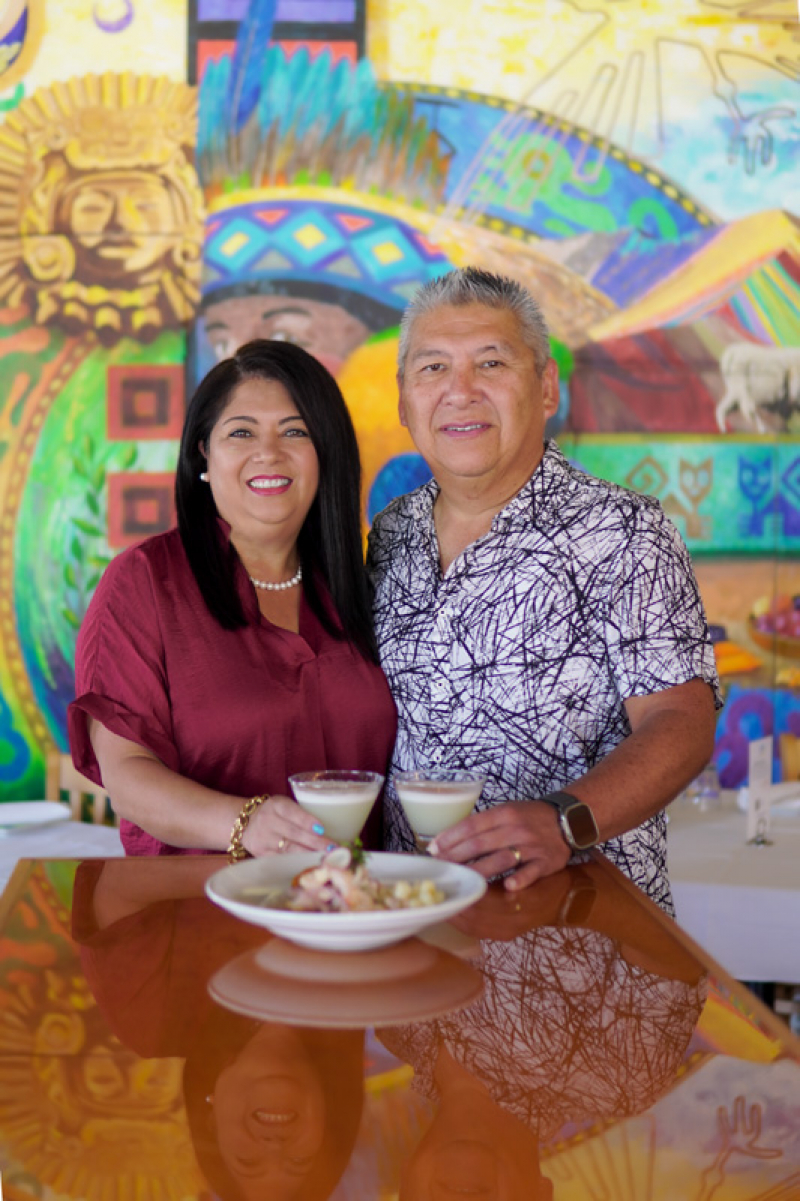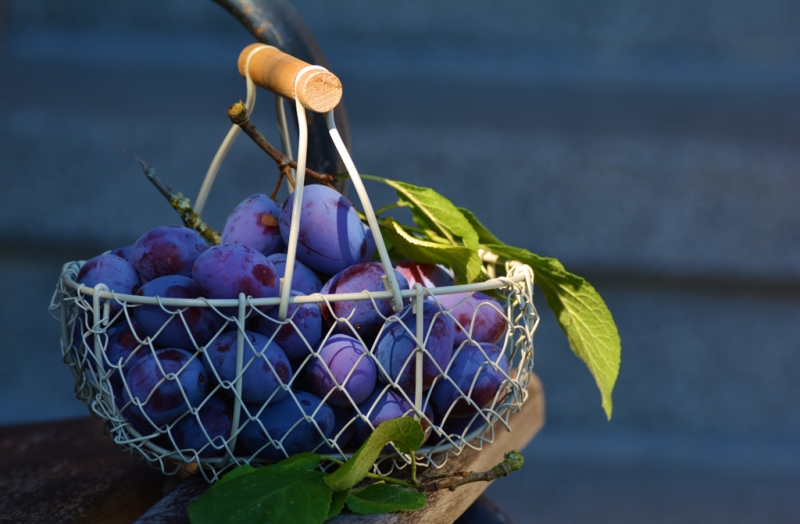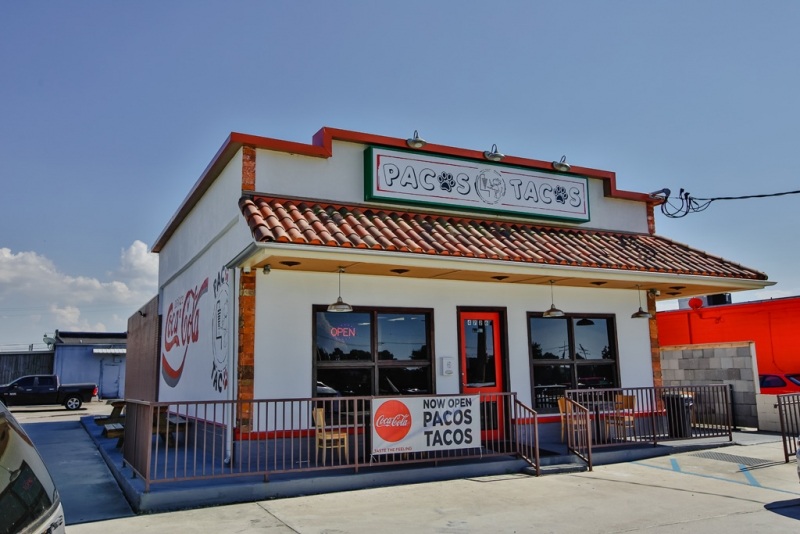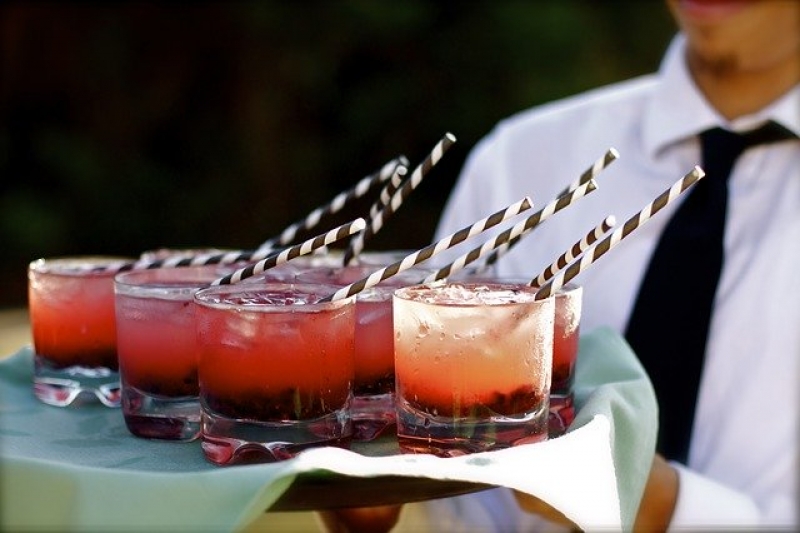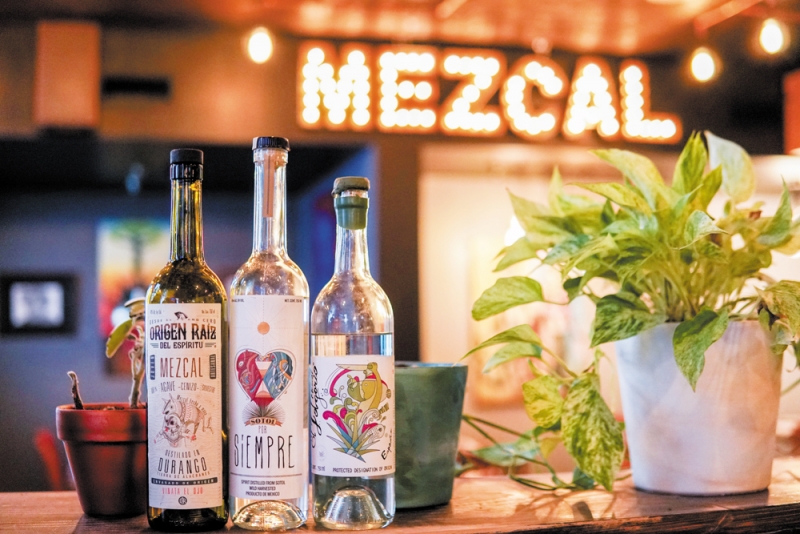- Published in Cover Story
- Written by anamabech
The Avelar Family: Succeeding Together
By AnaMaria Bech
How often have you heard it is better not to mix business and family? This common phrase does not apply to thousands of family businesses, where values, respect, and love help companies grow from generation to generation.
Mawí Tortillas is a local company led by Carlos Avelar and his sons Wilfredo and Fernando in collaboration with Raul. It has already proven that combining the family’s talents can drive success.
Wilfredo Avelar is a renowned chef from New Orleans who became interested in cooking from a young age while working as a busboy. “One night, the fryer cook didn’t arrive. I signed up to cover for him and never left the kitchen,” remembers Chef Avelar.
He wanted to be an architect but studied Culinary Arts at Delgado Community College. Even though his father didn’t want him to sacrifice family time being a chef, he never stopped supporting him. Shortly after, Chef Avelar gained recognition by working for one of America’s most famous chefs, Emeril Lagasse. “I didn’t have enough words to tell people that my son was a champion, that he opened Meril as the executive chef,” says Carlos, beaming with pride and satisfaction.
During his work at Meril, Chef Avelar met his suppliers, including the original owners of Mawí Tortillas, the only place in the region that offered fresh, daily-made tortillas. When he learned the business was for sale, Avelar saw it as the perfect venture for his father, who didn’t want to sit still after retiring.
“If things are meant for you, they will happen for you,” says Carlos. Despite facing significant financial constraints and initial setbacks, the Avelars persevered. They didn’t give up even after several failed negotiations. The owners saw their potential and made a proposal that Carlos could access. The Avelars seized the opportunity to carry out the business they once dreamed of. Father and sons united their strengths and bet on Mawí Tortillas in 2017.
Armed with his recently acquired business administration knowledge from the University of New Orleans, Fernando stepped up to the challenge. At first, they sold only 50 pounds of tortillas a week, facing the challenge of rebuilding their clientele. However, with their relentless efforts, sales began to improve. “We had to start from scratch because the clientele was lost,” said Fernando. By taking flyers to stadiums, churches, and businesses, people learned that Mawí had the best fresh tortillas. “My son met many chefs, and that’s how our clientele from the best restaurants in the city grew,” says Avelar. Mawí Tortillas became the largest supplier to restaurants and special events such as weddings, quinceañeras, and various celebrations in two years.
In 2019, Chef Avelar dedicated himself entirely to the family business. In 2020, the pandemic led them to reinvent themselves, and thus the restaurant arrived. He returned to the kitchen and created a Central American menu inspired by the flavors he encountered, thanks to the foods of El Salvador on his father’s side and Costa Rica, where he spent time with his mother, discovering the flavors from the region.
Initially, they offered takeaway dishes so those confined by the pandemic could enjoy an elevated homemade flavor. The pupusas, the Honduran tacos, the birria tacos, the aguas frescas, and, of course, their tortillas were recommended by people and by food experts as an excellent option of Latin food in Metairie.
In 2022, they doubled the space of the tortilla factory, adding ample space for diners. The tortilla machine had to find a bigger place, and thus came the factory in Kenner. Nowadays, Mawí Tortillas wholesale a minimum of 50 pounds of tortillas a day. For both the restaurant and the tortilla factory, “things are changing,” says Wilfredo. The Avelars tell us that exciting news is coming in the Fall from Mawí, but they can’t reveal it just yet. “We are thrilled with these opportunities and challenges approaching us. The most important thing is that since it is a family business, we support each other,” says Carlos.
While these changes are happening, Chef Avelar is strengthening his consulting and advisory clientele. He is developing concepts for the Hufft Marchand Hospitality Group, and this summer, he will be traveling to South Carolina to train the restaurant chefs of the luxurious gated community of Bray’s Island. “One of my goals is to obtain more clients to grow my consulting company,” says Wilfredo.
Carlos fondly recalls when he used to take his children to his job and rebuild houses after Hurricane Katrina. Instilling family values, work ethic, and teamwork is a tradition in the Avelars. With a sparkle in his eyes, Fernando expresses his love for his job, his joy in exploring all aspects of the company, and his continued creativity. “I take pride in knowing that I am part of a legacy with my family,” he says with a smile.
Wilfredo is following his father’s example. “I plan to put my oldest son (Sebastián) to work with me this summer and teach him to be responsible and have a work ethic. That’s something you can’t teach on the first day of a job; it has to be learned at home,” says Wilfredo.
The family decided to lend a hand to the community. Mawí Tortillas provides delicious tortillas and food and opens its space to hold pop-ups, allowing emerging chefs to promote their cuisine. They also invite companies, nonprofit organizations, and even mobile consulates to hold their meetings at the premises, fostering a strong sense of community and support.
The Avelars will continue reaping successes and supporting each other during their company’s growth. We await the good news that will arrive in the fall for Mawí Tortillas.













